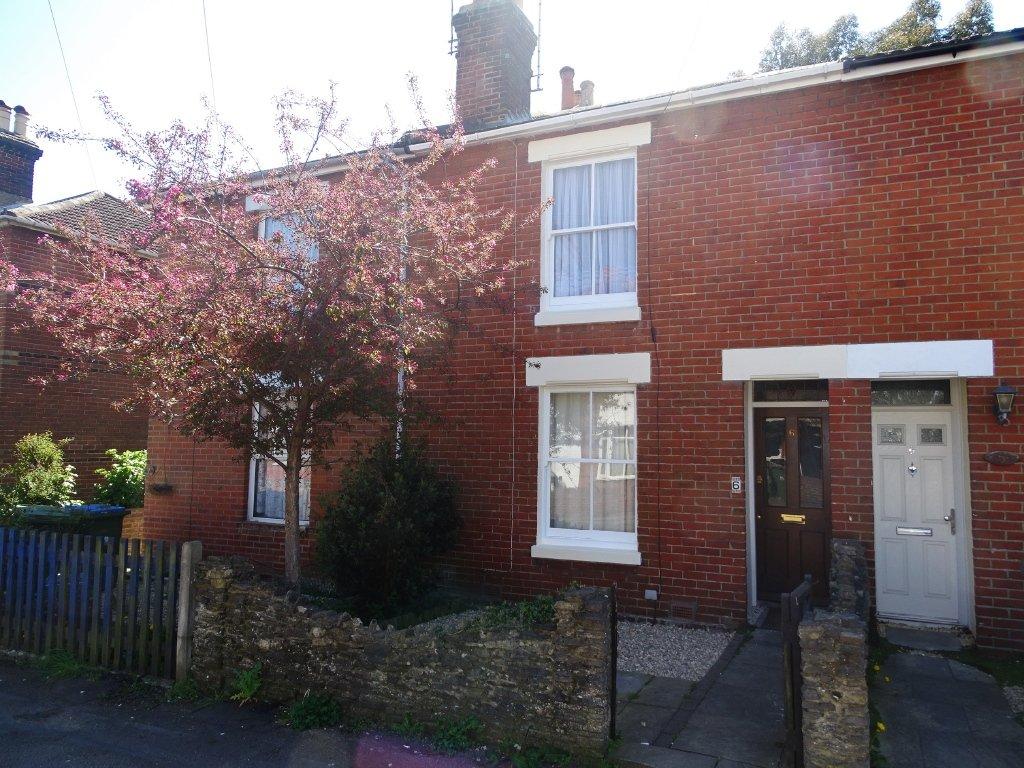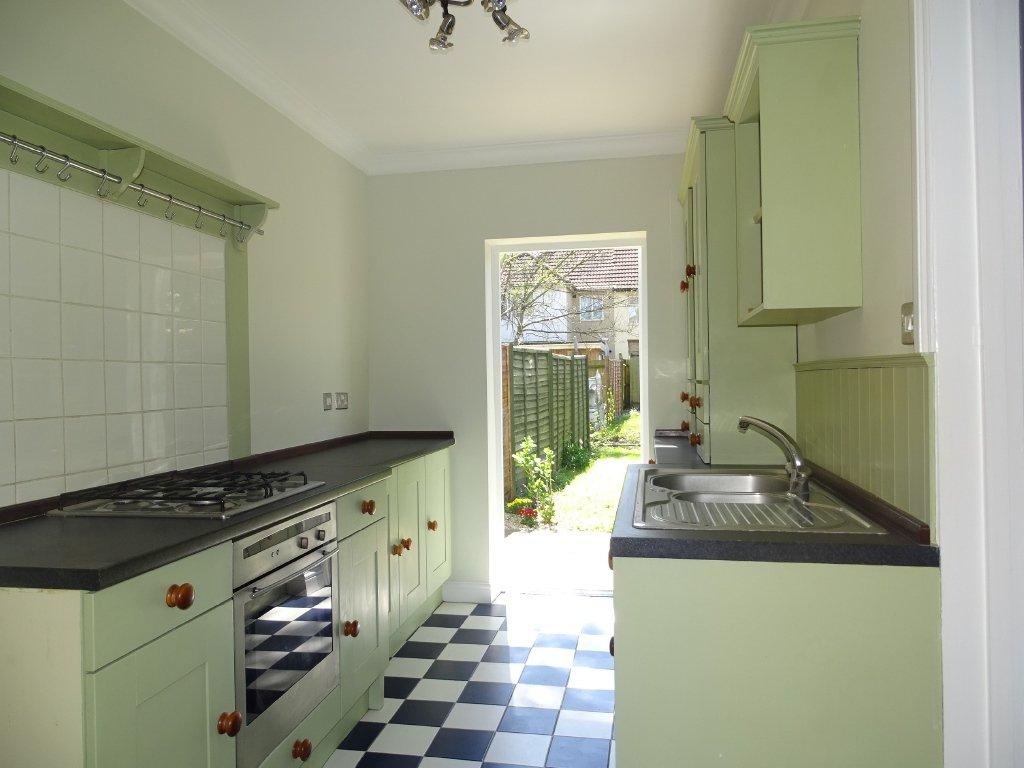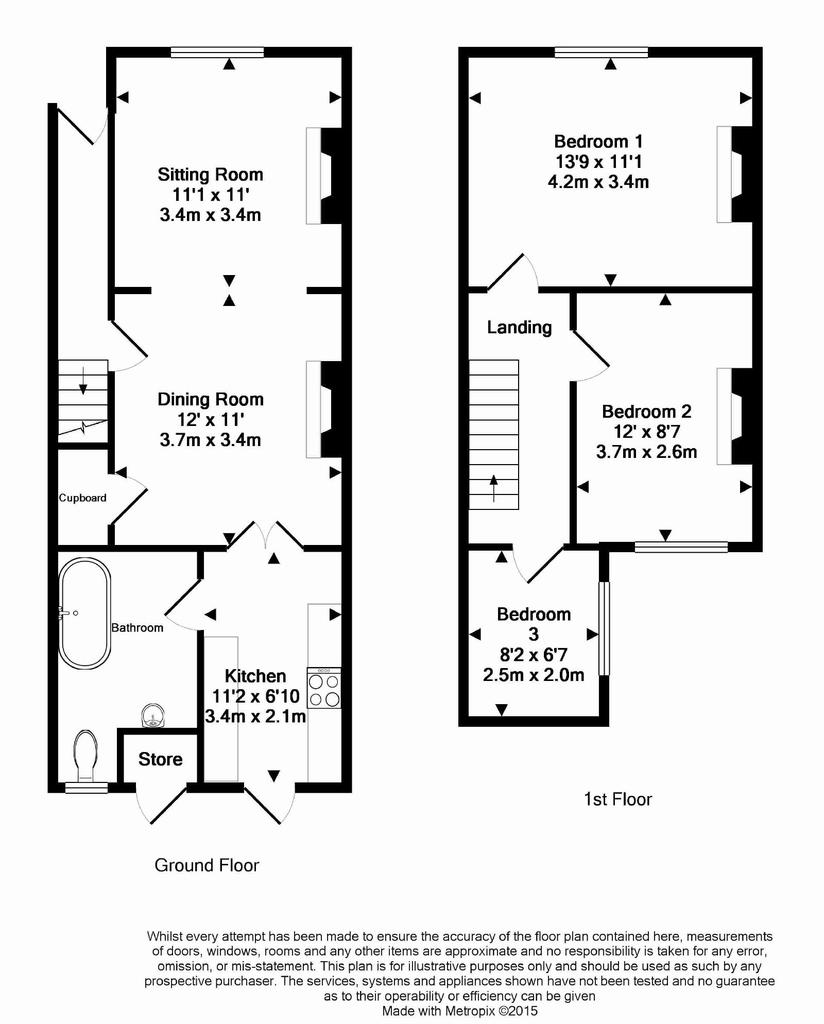This is a beautiful little terrace house in the Swaythling
area of Southampton. It is listed as a 3 bed but the third room is very small
at 54sq.ft. and we would recommend converting this to an upstairs bathroom.
This would then give you the option of extending the kitchen. Good 2 beds in
the area will rent at £830pcm which would give a gross yield of 5.2%. Price is
perhaps a little full, it will make a great family home and will appeal to
owner occupiers, investors may find it a little pricey!
This blog follows the property market in Southampton. You'll find tips, guidance, and analysis that relates specifically to Southampton and you'll also find properties from all the estate agents in the town on here that may make decent investments. I own and operate Belvoir Lettings, a Southampton Letting Agent, and if you're thinking of buying a property to let in Southampton, I'm happy to offer a second opinion.
Search This Blog
Thursday 30 April 2015
Landlord support for Labour and Lib Dems halves since 2010 election
Landlord
support for Labour and the Liberal Democrat Party has halved since the 2010
General Election because of their interventionist policies for the private
rented sector, according to the National Landlords Association (NLA).
New research
from the NLA shows that landlord support for the Labour party has fallen from
11% in 2010, to just 6% who say they intend to vote for Ed Miliband at next
week’s polls. The NLA predicts a further slide in Labour support, as the
research was conducted before the party manifestos were published and the
Labour leader confirmed his intention to cap rent increases at the rate of
inflation.
Landlord
support for the Liberal Democrats has also halved – from 10% in 2010, to just
5% who say they’ll vote for them this time around. However, landlord support
for the Green Party – which proposes the most radical reform of the PRS –
hasn’t changed, with the same proportion who voted Green in 2010 intending to
do so at next week’s General Election.
Landlord
support for UKIP has trebled since 2010 – up from 3% to 9%, and two in five
(40%) landlords intend to vote Conservative – the same proportion who voted for
them in 2010. This is an increase of 10 percentage points over the past
six months, suggesting that previously undecided landlord voters are also
moving towards the Conservatives.
Nearly half
(47%) of respondents said that being a landlord directly influenced their
vote. One in three (30%) had yet to decide or would rather not say which
way they’ll be voting next week.
Richard
Lambert, chief executive officer at the NLA, said: “Housing and private renting
issues have moved up the political agenda since 2010 as the parties have woken
up to the housing crisis and the increase in the number of voters renting. But
all they’ve done is jump to knee-jerk policies to appeal to the masses.
“It’s easier
for politicians to attack an unpopular stereotype and shift the blame to the
urban myth that private landlords are a breed apart and inherently bad. But the
truth is the majority are ordinary, law-abiding, hard-working people who put
their own money into providing homes.
“Landlords
have lost confidence in political parties that propose rent control because it
sets the price they can charge without thinking about their costs, preventing
them from running sustainable businesses.
“Rent
control sounds like a simple solution and makes politicians look like they’re
getting tough on the issue, but vilifying landlords won’t magically lead to
more homes being built. More likely, we’ll see history repeat itself as
landlords leave the sector and tenants struggle to find new homes. That will do
nothing to solve the real problem of the undersupply of housing.”
The NLA is
urging landlords to make their voices heard against rent control and other
interventions into the PRS by using the NLA’s new lobby tool to write to their
local parliamentary candidates.
Lambert
said: “Let’s stop swinging back and forth like a pendulum between landlords and
tenants. There is a consensus for change within the PRS that a new Government
could easily introduce in the first Queen’s Speech which would get cross party
support and benefit both landlords and tenants alike.
“Policy
makers must stop pointing the finger at landlords, and instead fix the
underlying problem: incentivising more house building”.
http://www.landlordtoday.co.uk/news_features/Landlord-support-for-Labour-and-Lib-Dems-halves-since-2010-election
Subscribe to:
Posts (Atom)




